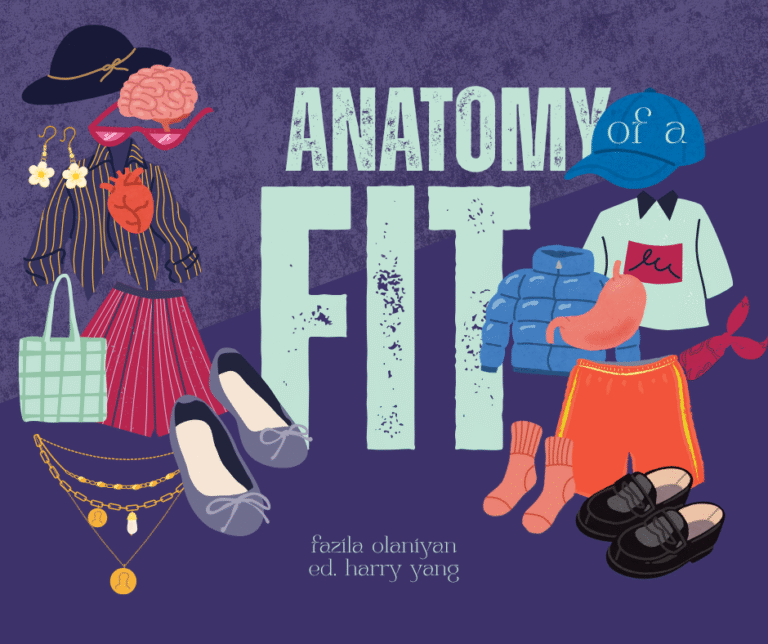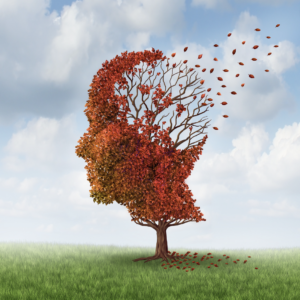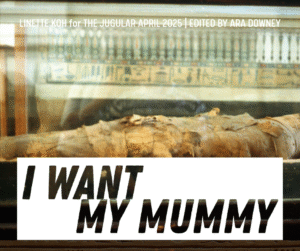
By Jay Patel; Edited by Yaron Gu
April 24:
10:50 am – Ajay Koli boards a flight from Pune in western India to New Delhi to see his parents who are infected with COVID-19. His father is hospitalised and hooked up to an oxygen cylinder, whilst his mother is in home isolation.
1:05 pm – Ajay’s father calls his sister. He pleads “please get one oxygen cylinder. Otherwise I will die.”
1:26 pm – Ajay Koli lands in New Delhi. He is under the impression that his father, being in a hospital, would be well taken care of. So, he first takes a taxi home to visit his COVID-19 positive mother.
1:37 pm – On his way, Ajay receives a shocking phone call. His father has died.
April 25:
The next day, his mother’s oxygen level suddenly drops. With no hope in sight, Ajay resorts to Twitter to plead for help:
His story has since been retweeted almost 3000 times and whilst his tragedy has been well-published, Ajay is sadly just one of the countless Indians who have had their lives within COVID-19 stricken India.
India’s unprecedented rise in COVID-19 cases has shaken the nation and the healthcare system. For a developing country of over 1.3 billion people, there are nowhere near enough medical supplies and hospital beds to meet demands. In particular, oxygen has become a prized commodity. The price has skyrocketed and most hospitals have exhausted their supplies. Shocking videos have circulated of people begging for oxygen cylinders, knowing very well that family members could die without them. To make matters worse, there are numerous reports of scammers providing false hope. Rather than genuinely trying to help, these individuals have exploited this situation to achieve monetary gain.
Apart from the high population and infectious strain, multiple factors have made India susceptible to an outbreak of this magnitude. The absence of clear and centralised information has led to multiple misunderstandings regarding masks, COVID-19 testing and vaccines. This creates a breeding ground for fake news to spread through social media, whereby some crazy “cures” have popped up. It is particularly tough for information to reach rural areas where there is already limited access to healthcare. This has led to greatly underreported case and death rates. Whilst the idea of a lockdown seems like the only option, this is truly not possible for a large portion of the population. Despite the clear health risks, many have no choice but to work. Otherwise, they risk themselves and their family starving.
As students on the other side of the world, there are many lessons to learn from this outbreak. Whilst we occasionally see such dilemmas pop up in ethics tutorials, it is those doctors in India that have been forced to make those tough decisions.
Who gets a ventilator and who doesn’t?
Who gets the hospital bed or who is forced to stay in their already overcrowded home?
Who gets the oxygen?
Who are the ones who live and the ones who die?
Arguably, this mental toll poses just as significant an impact as the physical stress of working in such dire circumstances.
On a more positive note, the support from communities has been amazing. For example, a volunteer-run Sikh Gurudwara has opened its doors and provided 400 patient beds equipped with an oxygen supply. For individuals across the globe, various “GoFundMe” fundraisers have opened up and donations have poured in. Unfortunately, India is just one example, with communities around the world suffering from the pandemic in tragic ways. Though hard to accept, if history repeats itself, we will inevitably encounter another crisis like this in the future. From the individual to the international level, we need to genuinely consider how we can prepare better. And ultimately, we need to emphasise the power of community and coming together to help each other throughout these tough times.
References:












































































































